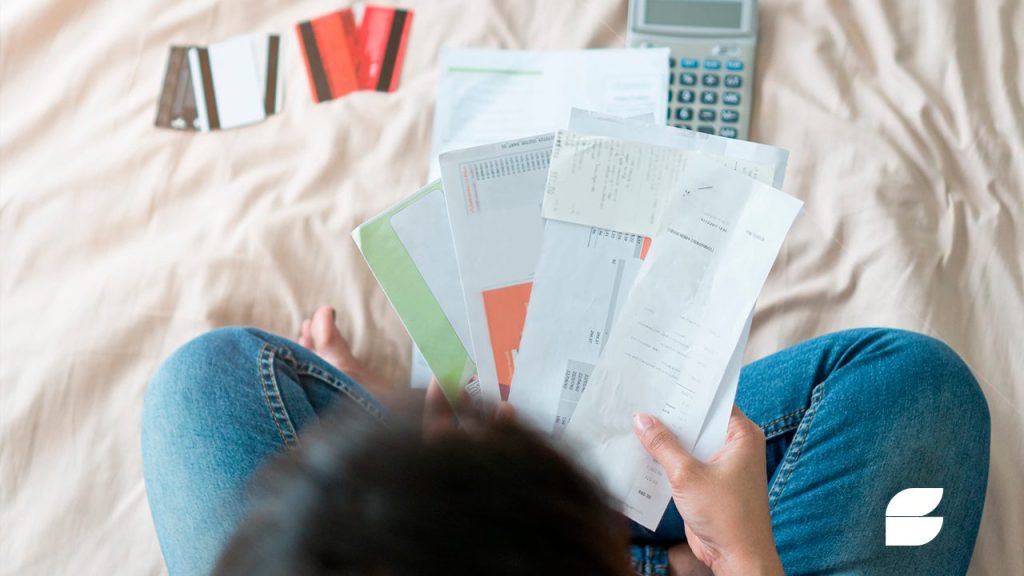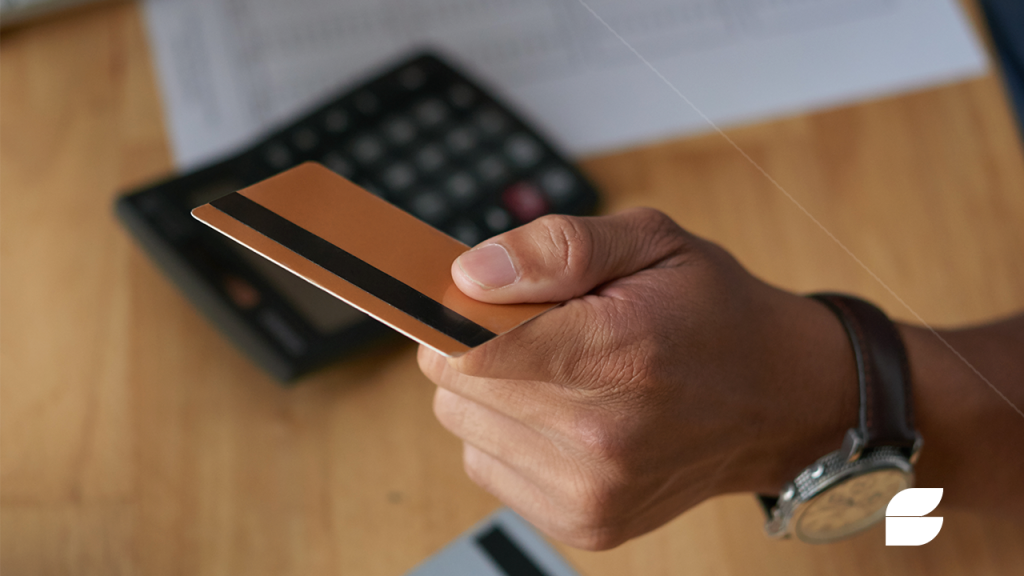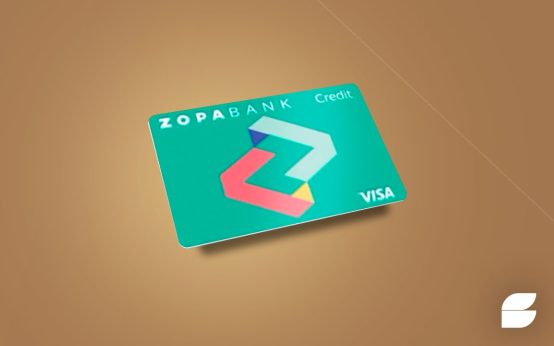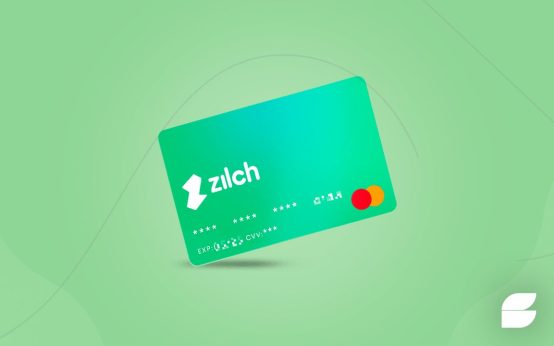In the UK, credit cards are a common financial tool used by millions to manage expenses, build credit, and access various rewards and perks. However, as with any form of credit, it’s essential to understand how payments work to avoid debt accumulation and ensure a healthy financial situation. While most people are familiar with making the standard minimum monthly payment, many wonder if they can pay on top of their credit card balance. This article aims to explore the concept of paying extra amounts on top of credit card balances, the benefits of doing so, and the best practices to manage such payments effectively.
What Does “Paying on Top of Your Credit Card” Mean?
When you use a credit card, your monthly statement typically shows a minimum payment that must be made to avoid late fees and interest charges. However, in many cases, individuals may be looking to pay off their balance more quickly or reduce their outstanding balance faster than the minimum required. In such cases, paying more than the minimum—also referred to as “paying on top” of the balance—is an option available to cardholders in the UK.
Paying extra amounts on your credit card can help in several ways. It reduces the overall interest you will pay, shortens the time required to clear your balance, and boosts your credit score by reducing your credit utilization ratio.
How Does Paying Extra Affect Your Credit Card?
When you make a payment that exceeds the minimum required amount, the extra money is applied directly to the outstanding balance, reducing it faster. Importantly, any excess payment will help in lowering your credit card balance and, as a result, will lower the amount on which interest is charged.
In the UK, credit card interest rates can be relatively high, often ranging between 18-30% per year, depending on the issuer and your creditworthiness. By paying extra on top of your credit card, you can effectively minimize the interest you are charged, especially if you pay off your balance before the end of the billing cycle. This can save you significant amounts of money in the long run.
The Benefits of Paying Extra on Your Credit Card

Saving on Interest
As previously mentioned, credit cards tend to have high interest rates. The longer you carry a balance, the more interest you will accrue. By paying extra on top of your credit card balance, you can reduce the principal amount more quickly, thereby minimizing the interest you pay.
Improving Your Credit Score
Credit utilization—the ratio of your credit card balance to your credit limit—plays a crucial role in determining your credit score. A higher credit utilization ratio can negatively impact your score, while a lower ratio is a sign of good credit management. By paying more than the minimum, you lower your credit utilization, which could improve your credit score over time.
Faster Debt Repayment
Paying extra on top of your credit card is an excellent way to accelerate your debt repayment. If you consistently make larger payments, you will reduce your overall balance faster and pay off your debt sooner. This is especially beneficial for those trying to escape from the “minimum payment trap,” where only making the minimum payment results in prolonged debt periods.
Increased Financial Flexibility
By reducing your credit card balance more quickly, you free up available credit. This can be important for emergencies or unexpected expenses. Having a lower outstanding balance on your credit card gives you more flexibility to use your available credit in case of urgent situations.
Avoiding Long-Term Debt
One of the most significant advantages of paying more than the minimum is avoiding the long-term debt cycle. Credit card holders who only make the minimum payments may struggle to pay off their balances, leading to a prolonged period of debt with increasing interest charges. By paying extra, you prevent this scenario and can take control of your finances.
Guidelines for Making Extra Payments on Your Credit Card

While paying on top of your credit card is a great financial strategy, it is important to be mindful of a few things:
Check for Prepayment Penalties
Most UK credit card companies allow extra payments without penalties, but it is always a good idea to check the terms and conditions. Some providers may have restrictions or fees for making excessive payments in a short period. However, such fees are rare.
Be Strategic About Payment Timing
Credit card companies typically charge interest from the moment a balance is carried over past the due date. If possible, aim to pay off the balance in full before the interest-free period ends, which is usually around 56 days after the purchase date. This will ensure you avoid paying interest on any of your purchases.
Set Up Automatic Payments
To stay on track with your payments, consider setting up automatic payments to ensure that you are consistently paying on top of your balance. This eliminates the possibility of missing payments and allows you to stick to a repayment plan that fits your financial goals.
Use Your Savings Wisely
While it’s tempting to pay off your credit card debt with any extra savings, always ensure that you maintain enough of an emergency fund for unforeseen circumstances. Avoid depleting your savings entirely just to clear your credit card balance, as having financial security is important.
Can You Pay More Than Once a Month?
Yes, you can make as many payments as you want in a month. There is no restriction on how often you can pay on your credit card in the UK. In fact, making multiple smaller payments throughout the month can help reduce your credit utilization faster, benefiting your credit score and overall financial health.
Conclusion
Paying on top of your credit card balance is a smart financial move in the UK, helping you save on interest, reduce your debt more quickly, and improve your credit score. By making extra payments and being mindful of your payment strategy, you can take control of your financial future. It’s essential to stay disciplined with your payments and ensure that you’re not overextending yourself, but for those looking to improve their financial situation, paying on top of your credit card balance is undoubtedly a step in the right direction.



 Zopa Credit Card: Financial Management Upgrade <p class='sec-title' style=' font-weight: normal; line-height: 1.9rem !important; font-size: 17px !important;'> Learn How the Zopa Credit Card Can Improve Your Financial Management and Provide Exclusive Benefits in Your Daily Life. </p>
Zopa Credit Card: Financial Management Upgrade <p class='sec-title' style=' font-weight: normal; line-height: 1.9rem !important; font-size: 17px !important;'> Learn How the Zopa Credit Card Can Improve Your Financial Management and Provide Exclusive Benefits in Your Daily Life. </p>  Zopa Credit Card: Key Benefits & Features <p class='sec-title' style=' font-weight: normal; line-height: 1.9rem !important; font-size: 17px !important;'> Explore the Benefits and Features of the Zopa Credit Card to Improve Your Financial Management and Maximize Your Purchases. </p>
Zopa Credit Card: Key Benefits & Features <p class='sec-title' style=' font-weight: normal; line-height: 1.9rem !important; font-size: 17px !important;'> Explore the Benefits and Features of the Zopa Credit Card to Improve Your Financial Management and Maximize Your Purchases. </p>  Zilch Credit Card: Main Features, Tips, and How to Apply <p class='sec-title' style=' font-weight: normal; line-height: 1.9rem !important; font-size: 17px !important;'> Discover how the Zilch Credit Card can transform your financial life with interest-free payments and exclusive benefits. </p>
Zilch Credit Card: Main Features, Tips, and How to Apply <p class='sec-title' style=' font-weight: normal; line-height: 1.9rem !important; font-size: 17px !important;'> Discover how the Zilch Credit Card can transform your financial life with interest-free payments and exclusive benefits. </p>